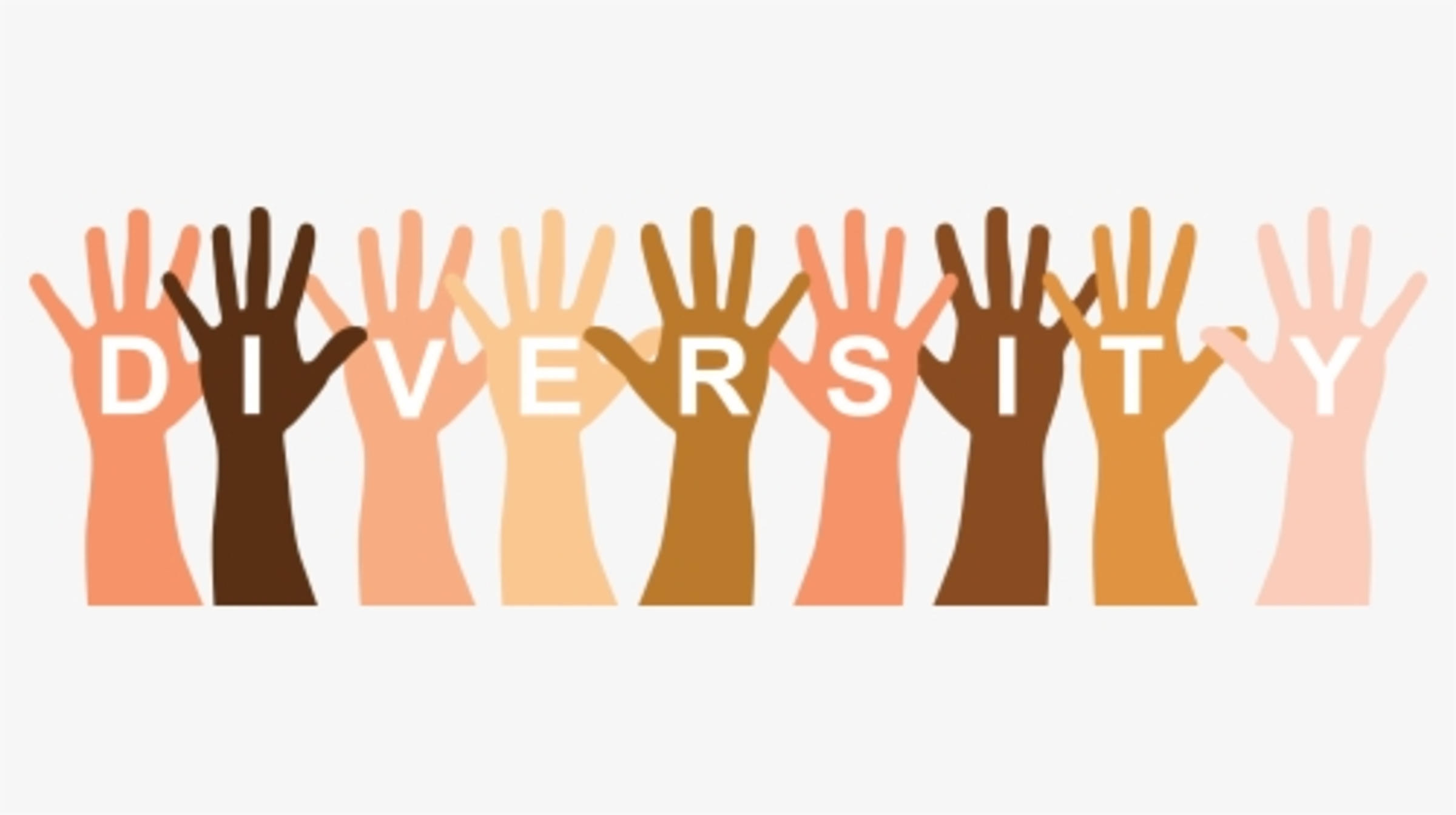Learning Diversity
Vira Pirrotta

Learning Diversity
Vira Pirrotta
What is Dyslexia?
Dyslexia is a neurodifference affecting a person's reading, writing, and spelling ability. It is often hereditary and affects individuals of all ages. It is unrelated to intelligence, and dyslexic individuals can possess many unique skills and strengths.
Dyslexia varies from person to person, and no two people have the same strengths and challenges. Characteristic features of dyslexia include challenges in phonological awareness, verbal memory and verbal processing speed.
Dyslexia occurs across the range of intellectual abilities and is best thought of as a continuum, not a distinct category, as there are no clear cut-off points.
Dyslexia is often seen as a learning difference, but it is essential to recognise that dyslexic individuals can possess many strengths and talents. These can be utilised in various settings, contributing to success in many areas of personal and professional life.
The exact causes of dyslexia are not fully understood, but it is believed to be related to differences in how an individual’s brain processes information. The traits associated with dyslexia can vary from person to person. Still, some common signs include challenges with reading, writing and spelling and problems with language comprehension and visual processing. Dyslexic individuals may also have memory, organisation, and time management challenges, although it is essential to note that every individual will have their strengths and challenges.
Dyslexic individuals may experience reading, writing, and spelling challenges, which can affect their performance in academic settings. These challenges may include keeping up with reading assignments, comprehending written material, and expressing ideas in writing. However, with appropriate support and accommodations, dyslexic individuals can succeed academically. Many dyslexic individuals also possess strong creativity and visual-thinking skills, which can help them thrive in areas of study such as art and design.Some examples of accommodations that may be helpful include using audiobooks, speech-to-text software, and assistive technology devices.
Additionally, it can be beneficial to provide extra time for assignments and exams and allow for alternative forms of assessment, such as oral presentations.
Many strategies can help manage dyslexia, including:


Many people with dyslexia possess unique skills. These skills vary from person to person, but commonly include having the ability to alter and create perceptions, see the bigger picture, coming up with big ideas and being great with creativity, story-telling and problem-solving.
It is essential to diagnose dyslexia as early as possible, as this can help individuals access appropriate support and accommodations.
The assessment process for dyslexia typically involves a range of tests and assessments. These may include cognitive assessments, reading and writing tests, and interviews with the individual and their family. A specialist dyslexia assessor usually conducts these assessments.
During the assessment process, we may examine the individual's reading and writing abilities, phonological skills, memory, visual and auditory processing abilities, attention, and concentration.
A range of diagnostic tools can be used to assess dyslexia. These may include:
These tools assess different aspects of dyslexia, such as phonological processing, reading comprehension, and spelling. They can help us identify the individual's challenges and develop appropriate interventions and support.
Using a range of diagnostic tools and assessments, we can identify the areas where the individual is experiencing challenges and develop a tailored plan to support their learning and development.
It is essential to recognise that dyscalculia does not define a child’s abilities or potential. By focusing on their strengths, dyslexic individuals can succeed in various fields, such as Richard Branson, Kiera Knightley, Whoopi Goldberg, Stephen Spielberg and Maggie Aderin-Pocock, Space Scientist.







